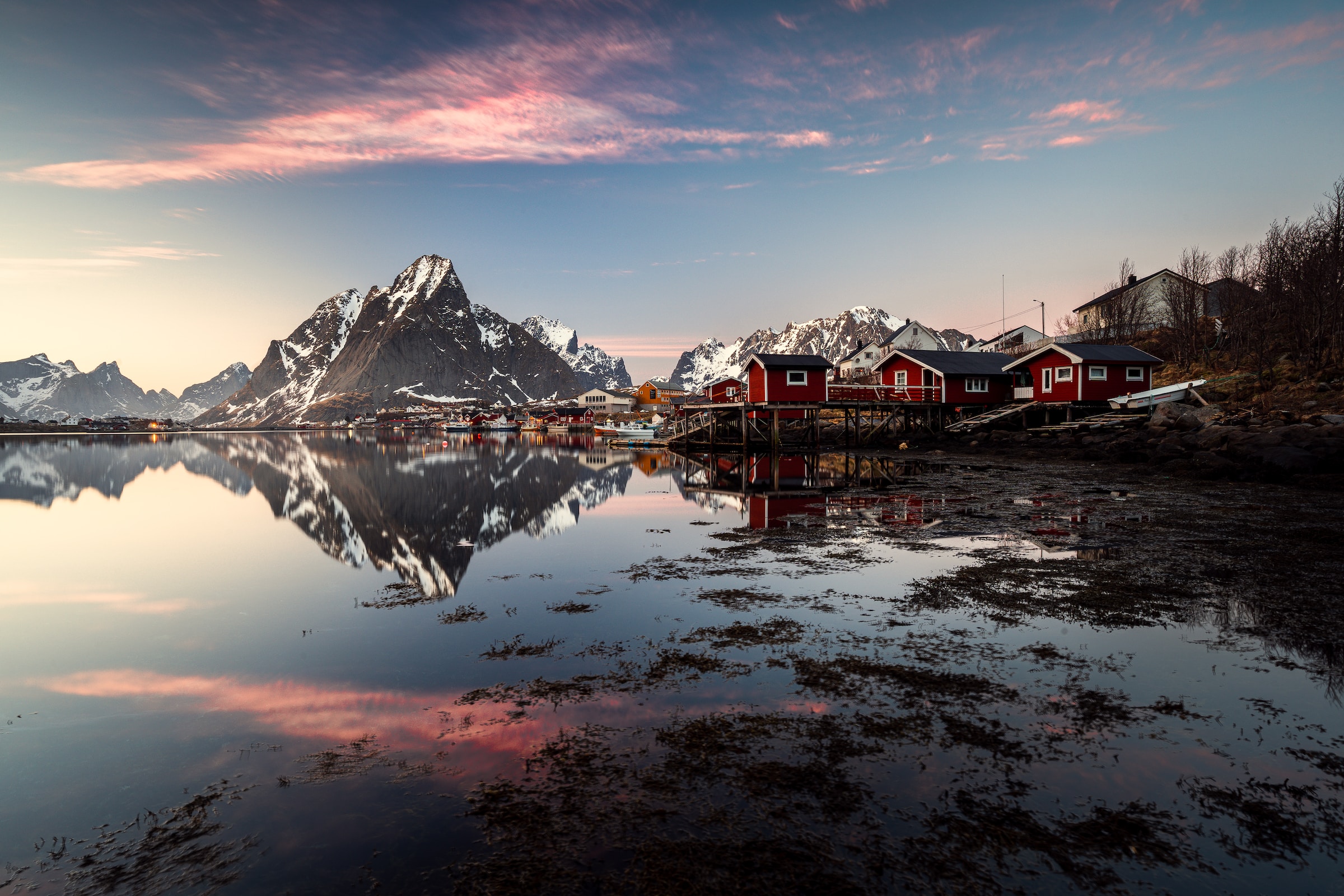‘Arctic Diplomacy at a Crossroads: Addressing Present and Future Geopolitical and Strategic Risk’ was written by Dr Gry Thomasen, Dr Chiara Cervasio and Mhairi McClafferty.
The Russian invasion of Ukraine in February 2022 has had deep repercussions in the Arctic. Once heralded as an exceptional region because of the high level of cooperation between all Arctic states resulting in low tensions and stability, the Russian invasion in 2022 revealed that the region is no longer immune to conflict spillover. Indeed, the A7 (Canada, Denmark via Greenland, Finland, Norway, Sweden and the United States) decided to pause all cooperation in the Arctic Council and its subsidiary bodies as a response to the Russian aggression. Other Arctic regional institutions, such as the Coast Guard Forum soon followed suit and paused their cooperation with the Russian Federation as well. While the Arctic Council has agreed to new guidelines allowing the Arctic Council Working Groups to resume their work, there remains a number of serious questions around the future of Arctic governance and stability. Arctic diplomacy as we know it is at a crossroads.
BASIC was awarded a Targeted Engagement Grant by Canada’s Department of National Defence (DND) to forecast emerging risks for Canada’s security in relation to geopolitical pressures and strategic competition emerging due to changing alliance relationships in the Arctic region. We also investigate the utility of different risk reduction and confidence building measures.
This report is based on 28 semi structured interviews following the 7 Questions Futures Technique. This technique allows us to investigate the key drivers of specific policy areas so that we can develop future scenarios. The results presented here are not necessarily the opinion of the majority and we have set out to allow for minority positions to be taken into account. We have interviewed current and former civil servants who are working with or have worked with Arctic issues in addition to a range of experts and scholars. All our interviewees have filled in a consent form before taking part in the interview to protect their anonymity. The interviews are numbered from 1 to 28.
The report falls in three parts. In the first part we present our findings on current and anticipated geopolitical pressures in the region. This is followed by the second part in which we address the future state relations as we uncovered them, and in the third and final part we present a range of avenues for reestablishing practical Arctic diplomacy.


